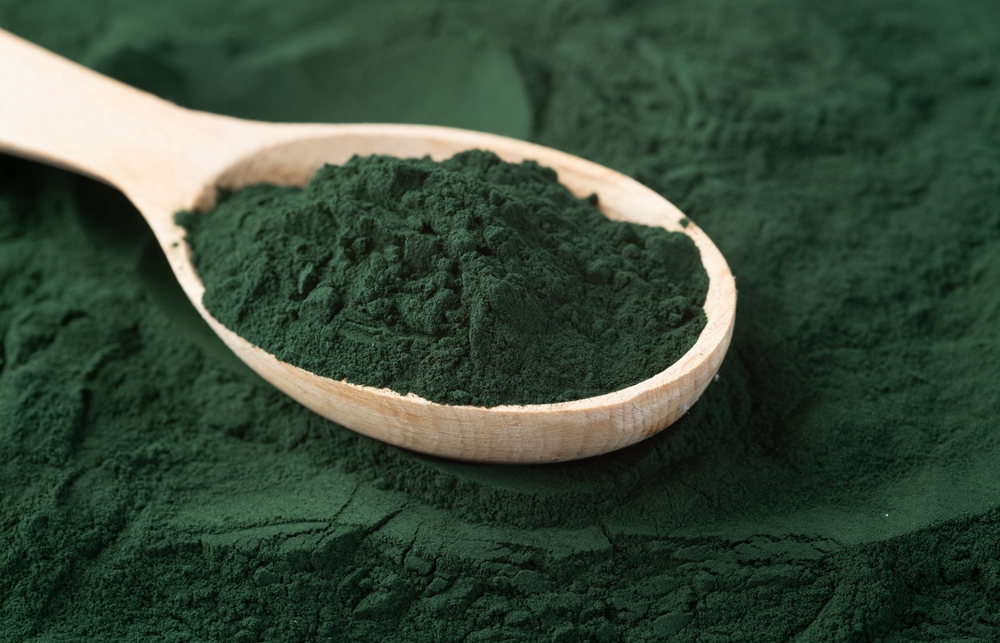Vitamin K2: The Unsung Hero of Bone and Heart Health
Vitamin K2, often overshadowed by its more famous counterparts like vitamin C and vitamin D, is emerging as a crucial nutrient for optimal health. This lesser-known form of vitamin K plays a vital role in bone formation, cardiovascular health, and even cancer prevention. Despite its importance, many people remain unaware of vitamin K2's unique benefits and the potential consequences of deficiency. As research continues to uncover its wide-ranging effects, vitamin K2 is gaining recognition among health professionals and nutrition experts. Understanding the intricacies of this vitamin could be key to addressing widespread health issues and improving overall well-being.

The story of vitamin K2’s discovery is intertwined with traditional foods and cultural practices. For centuries, certain populations consumed foods rich in K2 without understanding its specific benefits. Japanese natto, a fermented soybean dish high in K2, has been a staple in some regions of Japan for over 1,000 years. Similarly, certain European cheeses and organ meats, now known to be good sources of K2, have long been part of traditional diets.
Understanding the Biochemistry of Vitamin K2
Vitamin K2 is not a single compound but a group of related substances called menaquinones. These are designated MK-4 through MK-13, based on the length of their side chains. MK-4 and MK-7 are the most studied forms, with MK-7 showing superior bioavailability and longer-lasting effects in the body.
At its core, vitamin K2’s primary function is to activate certain proteins by a process called carboxylation. This activation is crucial for proteins involved in blood clotting, bone metabolism, and cardiovascular health. One of the most important proteins activated by K2 is osteocalcin, which helps bind calcium to the bone matrix. Another is matrix Gla protein (MGP), which prevents calcium from depositing in soft tissues like arteries and organs.
The Bone-Building Prowess of Vitamin K2
Osteoporosis and low bone density affect millions of people worldwide, particularly postmenopausal women. While calcium and vitamin D are often prescribed for bone health, vitamin K2 is emerging as a critical player in this arena. K2 activates osteocalcin, allowing it to bind calcium to the bone matrix effectively.
Several studies have demonstrated the bone-building effects of K2 supplementation. A landmark three-year study in postmenopausal women found that those taking vitamin K2 (MK-7) had significantly reduced bone loss compared to the placebo group. Moreover, K2 appears to work synergistically with vitamin D, enhancing its bone-strengthening effects.
Cardiovascular Benefits: The Calcium Paradox
One of the most intriguing aspects of vitamin K2 is its role in what researchers call the “Calcium Paradox.” This refers to the phenomenon where calcium supplements, often taken for bone health, may increase the risk of heart disease. The paradox is resolved when considering vitamin K2’s function.
K2 activates MGP, which prevents calcium from depositing in arteries and soft tissues. Without adequate K2, calcium can accumulate in the wrong places, leading to arterial calcification and increased cardiovascular risk. Studies have shown that high vitamin K2 intake is associated with a reduced risk of coronary heart disease and arterial calcification.
Beyond Bones and Heart: Emerging Research on K2
While bone and cardiovascular health are the most well-established benefits of vitamin K2, research is uncovering potential roles in other areas of health. Some studies suggest that K2 may have anti-cancer properties, particularly against certain types of liver and prostate cancer. The mechanism is thought to involve K2’s ability to induce apoptosis (programmed cell death) in cancer cells.
Additionally, preliminary research indicates that K2 might play a role in insulin sensitivity and glucose metabolism, potentially benefiting those with or at risk for type 2 diabetes. There’s also growing interest in K2’s potential neuroprotective effects, with some studies suggesting it may help prevent cognitive decline and reduce the risk of certain neurodegenerative diseases.
Dietary Sources and Supplementation Considerations
Unlike vitamin K1, which is abundant in leafy green vegetables, K2 is found primarily in animal-based foods and certain fermented products. Rich sources include natto, goose liver, certain cheeses (particularly those made with grass-fed milk), egg yolks, and grass-fed butter. However, many modern diets are low in K2, leading to increased interest in supplementation.
When considering K2 supplements, it’s important to note the different forms available. MK-7 is often preferred due to its longer half-life and better absorption. Dosages in studies typically range from 45 to 360 micrograms per day, with higher doses used for specific therapeutic purposes. As with any supplement, it’s crucial to consult with a healthcare provider before starting, especially for those on blood-thinning medications.
The Future of Vitamin K2 Research and Application
As awareness of vitamin K2’s importance grows, so does the scope of research. Current studies are exploring its potential in treating osteoarthritis, dental health, and even certain skin conditions. There’s also increasing interest in understanding how K2 interacts with other nutrients, particularly vitamins A and D, in what some researchers call the “Fat-Soluble Vitamin Complex.”
The growing body of evidence supporting vitamin K2’s health benefits is likely to influence nutritional guidelines and public health recommendations in the coming years. Already, some countries, like the Netherlands, have begun to consider K2 intake in their dietary advice. As research continues to unfold, vitamin K2 may well become as recognized and recommended as other essential nutrients, potentially reshaping our approach to preventive health and nutrition.






